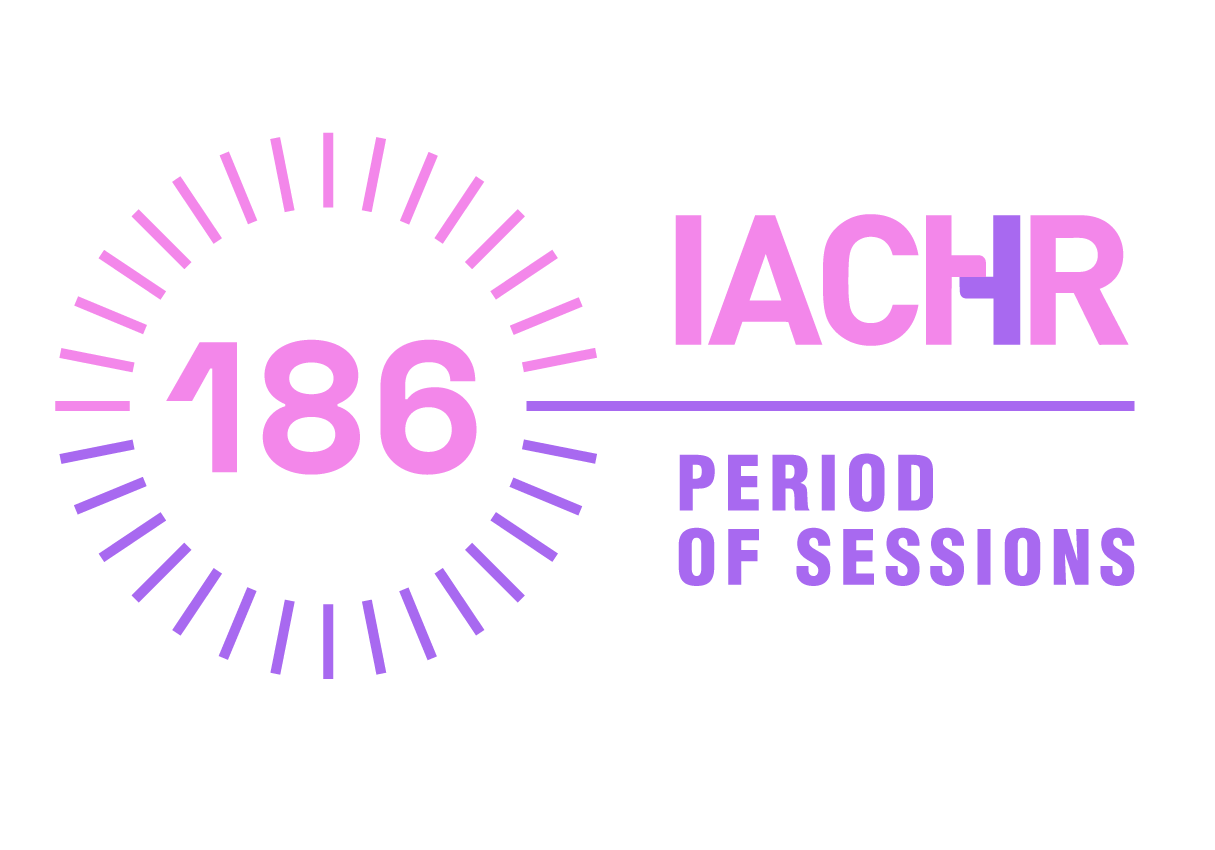
Press Release
IACHR Concludes 186th Period of Sessions
March 22, 2023
Contact info
IACHR Press Office
Distribution List
Washington, D.C. — The Inter-American Commission on Human Rights (IACHR) has concluded its 186th Period of Sessions, which took place in a hybrid format between March 6 and 17, 2023, at the University of California, Los Angeles (UCLA), in the United States. The week of in-person events was conducted in collaboration with The Promise Institute for Human Rights.
On the eve of International Women's Day, the IACHR elected its 2023 Board of Directors, which is made up of the President, Commissioner Margarette May Macaulay (Jamaica); the First Vice-President, Commissioner Esmeralda Arosemena de Troitiño (Panama), and the Second Vice-President, Commissioner Roberta Clarke (Barbados). This is the second time in its history that the IACHR has had an all-female board of directors and the first in which all three women are from the Caribbean and Central America.
During the first week of the 186th Period of Sessions, 18 in-person public hearings were held at the University of California, Los Angeles (UCLA). Among the issues addressed were: women and girls; sexual and reproductive rights; indigenous peoples; forensic search; free movement; human mobility; LGBTI rights; arbitrary deprivation of nationality; fiscal policies and economic, social, cultural, and environmental rights; threats to the independence of the judiciary; the protection of journalists and defenders; and the right to information of victims of forced disappearance.
In addition, more than 70 representatives of civil society organizations took part in the meeting on human rights in the United States. On this occasion, the IACHR held a dialogue and received information on the subject from various participants.
In parallel to the public hearings, public promotional events were held to address trends and patterns of labor and trade union rights violations in Cuba and the rights of LGBTI persons, conversations with Commissioners on significant human rights issues, and bilateral meetings with States and civil society on specific human rights issues that relate to the IACHR's mandate and mechanisms.
As at every Period of Sessions, the IACHR met with representatives of OAS Member States to discuss human rights issues, report on progress on its new strategic plan, and present the new Board of Directors. It also held bilateral meetings on specific topics. It held a meeting with the group of human rights experts on Nicaragua from the United Nations. Finally, it approved eight merit reports for the petitions and cases mechanism.
The Office of the Special Rapporteur on Economic, Social, and Cultural Rights (OSRESCER) and the Office of the Special Rapporteur for Freedom of Expression (RFOE) played an active role in the sessions and hearings and conducted thematic activities that related to their respective mandates.
The IACHR once again thanks the team at the University of California, Los Angeles, United States, for their support and for making the arrangements made to hold the public hearings at their headquarters. It is particularly grateful to the Promise Institute for Human Rights and also thanks States and civil society organizations for taking part in the 186th Period of Sessions, noting that according to rule 63 of its Rules of Procedure, States must guarantee the safety of all those who take part in the Period of Sessions, and may not take reprisals against them or their family members because of their statements or the opinions they offer the IACHR.
This press release is accompanied by an annex containing summaries of the public hearings held during this Period of Sessions. Videos of the hearings and photos are available on the IACHR's YouTube and Flickr feeds.
A principal, autonomous body of the Organization of American States (OAS), the IACHR derives its mandate from the OAS Charter and the American Convention on Human Rights. The Inter-American Commission has a mandate to promote respect for and to defend human rights in the region and acts as a consultative body to the OAS in this area. The Commission is composed of seven independent members who are elected in an individual capacity by the OAS General Assembly and who do not represent their countries of origin or residence.
No. 043/23
11:30 AM



